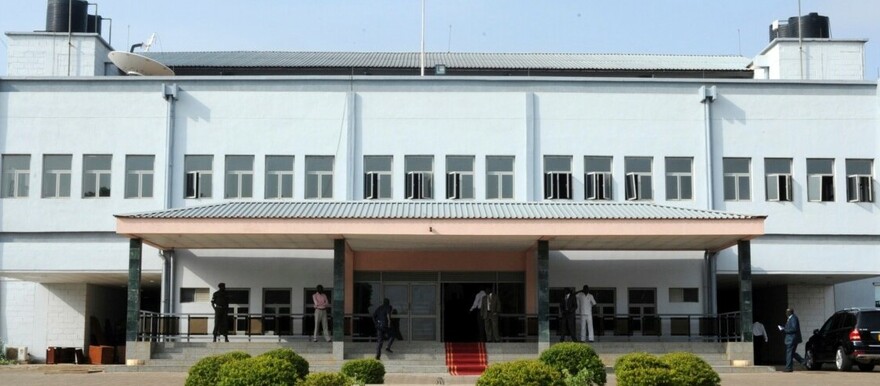South Sudanese lawmakers are demanding urgent explanations from the country’s central bank and finance ministry over a worsening liquidity crisis that has left government employees, including legislators, unable to access their salaries for weeks.
During a sitting in the Transitional National Legislative Assembly (TNLA) on Monday, lawmakers from across the political spectrum sounded the alarm over severe cash shortages crippling commercial banks and the Central Bank of South Sudan.
Michael Ruot Koryom, a member of parliament representing Nyirol County, revealed that salaries deposited in banks have been inaccessible for nearly a month.
“All South Sudanese working in government institutions, including the organized forces, cannot withdraw their money,” Ruot said, calling for Finance Minister Dr. Marial Dongrin Ater and central bank officials to be summoned before parliament.
“We need answers. Many of us are sick and cannot even afford treatment. Who is fooling us—the central bank or the finance ministry?”
His concerns were echoed by Anei John Akok, an MP representing Northern Bahr el Ghazal, who urged the assembly to prioritize discussions on the economic crisis over less pressing matters.
“South Sudan is in a critical situation. Why aren’t we discussing inflation, unpaid civil servant salaries, or skyrocketing fuel prices?” Akok said.
“Fifteen of our colleagues did not attend today’s sitting because their cars had no fuel,” he added.
The liquidity crunch has exposed deeper vulnerabilities in South Sudan’s economy, which remains heavily reliant on oil revenues and has made little progress in diversification.
Last month, Finance Minister Ater publicly acknowledged the cash shortages but offered no long-term solutions.
John Agany, the parliament’s former information committee chair, confirmed that while salaries have been processed on paper, banks lack the physical currency to dispense funds.
“The central bank is not providing liquidity,” he said. “This is a dire situation affecting every citizen—including us.”
Jemma Nunu Kumba, the assembly’s speaker, acknowledged the severity of the crisis but deferred action, instructing lawmakers to formally submit a motion for debate.
Criticism of Legislative Priorities
The parliament’s failure to immediately address the crisis has drawn sharp criticism.
Ter Manyang, executive director of the Center for Peace and Advocacy, accused lawmakers of neglecting urgent domestic issues in favor of foreign policy debates, such as the conflict in the Democratic Republic of Congo.
“A parliament that ignores its own economic collapse and security crises is dangerously out of touch,” Manyang said. “The people are suffering, and their leaders must be held accountable.”




